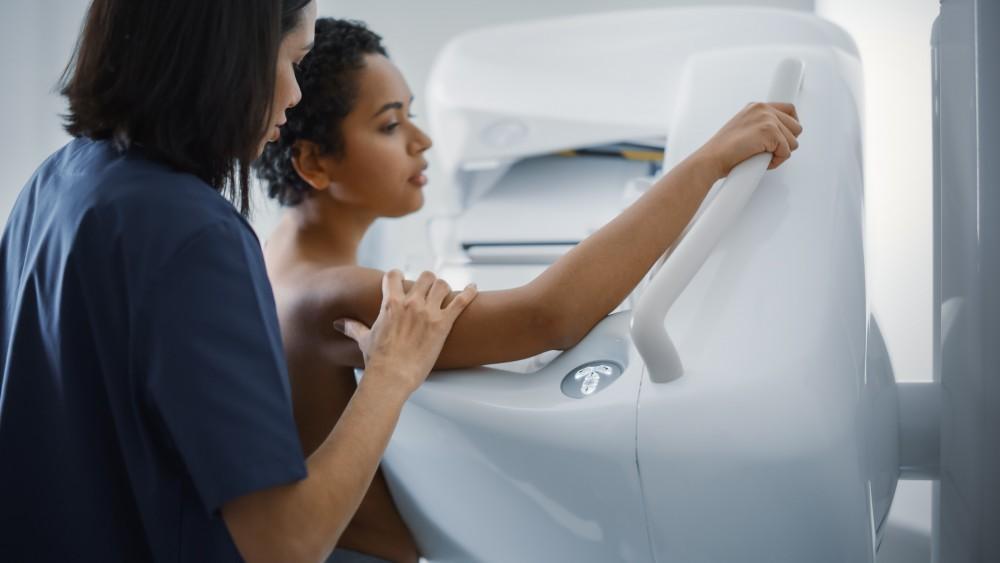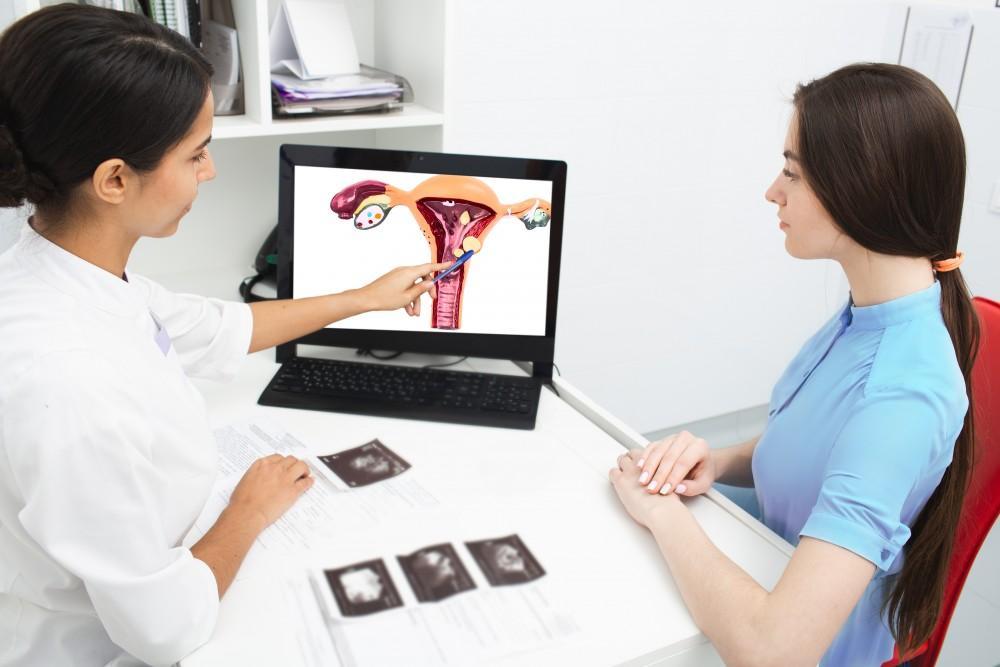
What to Expect From Your First 3D Mammogram
A mammogram is an X-ray of your breasts. It’s the best way to identify early...
Read MoreYour bones are made up of living tissue. They’re much harder than muscles or organs, but cells in bones grow, change, and repair just like tissue in every other part of your body.
Bones are made of collagen and calcium phosphate, among other minerals. When you’re young, your bones have a high density, which means they’re strong and resilient. But bone density begins declining as early as age 30.
Osteoporosis is a common bone disease that develops when your body loses too much bone density. People with osteoporosis have fragile bones, putting them at a significantly increased risk of fracture and further bone damage.
Osteoporosis doesn’t cause any noticeable symptoms, but the good news is that you don’t have to wait until you break a bone to find out if you’re suffering from osteoporosis. Dual-energy X-ray absorptiometry (DEXA) scanning is a painless, noninvasive test to evaluate your bone health and bone density.
At The Women’s Center, our team offers comprehensive care for women of all ages in and around Orlando, Florida. As you get older, your health needs change, and it’s time to find out when to consider getting a bone density test for osteoporosis.
Osteoporosis can affect anyone, regardless of gender. But nearly 80% of people with osteoporosis are women, and your risk increases as you get older.
Factors that increase your risk of osteoporosis include:
Your diet and lifestyle also play a role in your risk for osteoporosis. Eating a diet that’s low in calcium and other nutrients may make bones more fragile, while living a sedentary lifestyle also contributes to bone loss.
If you have risk factors for osteoporosis, talk to your doctor about the benefits of getting a DEXA scan. Since osteoporosis doesn’t cause outward symptoms, getting a bone density test is the only way to know if you have low bone density or osteoporosis.
The United States Preventive Services Task Force recommends that all women over the age of 65 get a bone density test, but some people may benefit from DEXA scanning at an earlier age. You may be a good candidate for a DEXA scan if:
DEXA scans are the best way to detect osteoporosis, and they’re also an important part of treating bone loss. If you’re taking medication or participating in other treatments for osteoporosis, our team recommends regular DEXA scans to monitor your bone density and track any changes.
A DEXA scan is a noninvasive, painless procedure that takes about 15 minutes in the office. You don’t have to do anything special to prepare for your bone density test.
When you arrive at the office, our team gets you settled in the procedure room. You lie down on a table, and a small X-ray device scans your lower back and your hips. The test collects data that measures how many grams of calcium and other minerals are in a certain area of your bone.
Our team uses the data to determine your bone density. This information helps us understand your risk of suffering bone fractures and identify signs of osteoporosis before you break a bone. If your scan shows that you have osteoporosis, we work with you to start a treatment plan that builds and maintains bone strength.
Getting a bone density test is one of the best ways to keep your bones healthy as you age. Contact us by phone at the office nearest you or schedule your next appointment online to get started.




A mammogram is an X-ray of your breasts. It’s the best way to identify early...
Read More
About 1 in 10 women has ovarian cysts. These small growths form on your ovaries,...
Read More
If you and your partner have decided you’re ready to start growing your family, you’re...
Read More